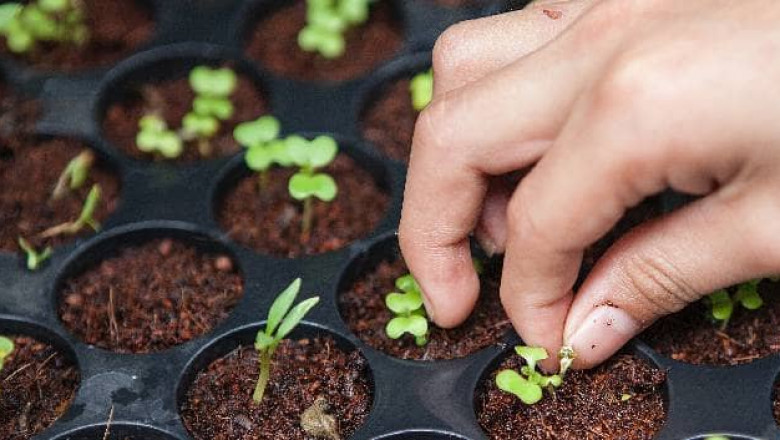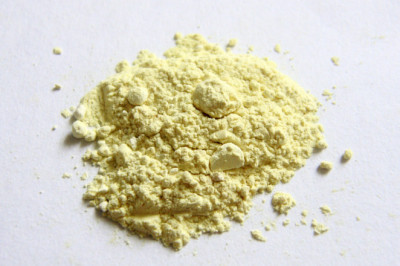views

Growing consciousness around the health risks of excessive sugar intake has initiated a worldwide trend of sugar reduction. Today, the market is filled with a range of sugar substitutes- both natural and artificial- that mimic its sweetness without increasing the energy intake. One of the popular names in the business is stevia, a plant-based sweetener with a negligible calorie count and glycemic index.

Stevia
Available in the form of leaves and extracts (powdered and liquid), the sweetening power of stevia is approximately 300 times greater than that of table sugar. As the consumption of stevia increased among people with Type 2 diabetes, obesity and cardiovascular diseases; so did the debate around the impact of stevia on overall health in general, and gut health in particular.
Gut Bacteria
Intestinal microbes are known to play a significant role in human health, reiterated by Dr. Elizabeth Hohmann of the Infectious Diseases Division at the Harvard-affiliated Massachusetts Hospital, who says that gut microbiota is a new frontier of medicine and is even being looked at as an additional organ system.
Besides strengthening the biochemical barriers of the intestines, the good gut bacteria cooperate in a number of other functions such as harvesting energy from digested food, carrying signals for the maturation of immune cells, and protecting the body against problematic pathophysiologic conditions.
Argument 1
Researchers from the Ben-Gurion University of the Negev, Israel conducted a study on stevia and suggested that it inversely impacts gut health when consumed in abnormally large amounts. The human gut is lined with ‘quorum sensing’ pathways where different bacterial communities interact in terms of the body’s microbial regulation.
The BGU research team found stevia, as a herb supplement, to have an inhibitory effect on such communication while the natural stevia extract displayed only a hairline difference by disrupting a select few bacterial pathways. They thus concluded that an overdose in stevia consumption leads to an imbalanced gut. However, no evidence was found on the subject of stevia killing these essential gut bacteria.
Argument 2
Agriculture Research Service scientists and the Dairy and Functional Foods Unit of the US Government, located in Wyndmoor, PA, studied stevia and claim that it does not negatively impact gut health. After many in-vivo and in-vitro experiments, their team discovered that steviol glycosides do not significantly alter microbial composition or activity in the gastrointestinal tract. In fact, they noted that the erythritol in the commercially available natural stevia extract can help increase the levels of butyric acid in the gut, and consequently promote good colon health.
Takeaway
The difference in opinion clearly suggests that there is still a lot of research left to be done on the use of stevia in F&B. However, as long as the dose is monitored and limited, stevia should not ideally lead to any major health hazard.
Arboreal is an India-based producer of premium quality stevia leaves and 100% natural stevia extract. They provide customized stevia solutions to FMCG companies seeking sugar reduction in their recipes, with perks like free formulations support and client taste trials. To know more, visit the Arboreal website.












